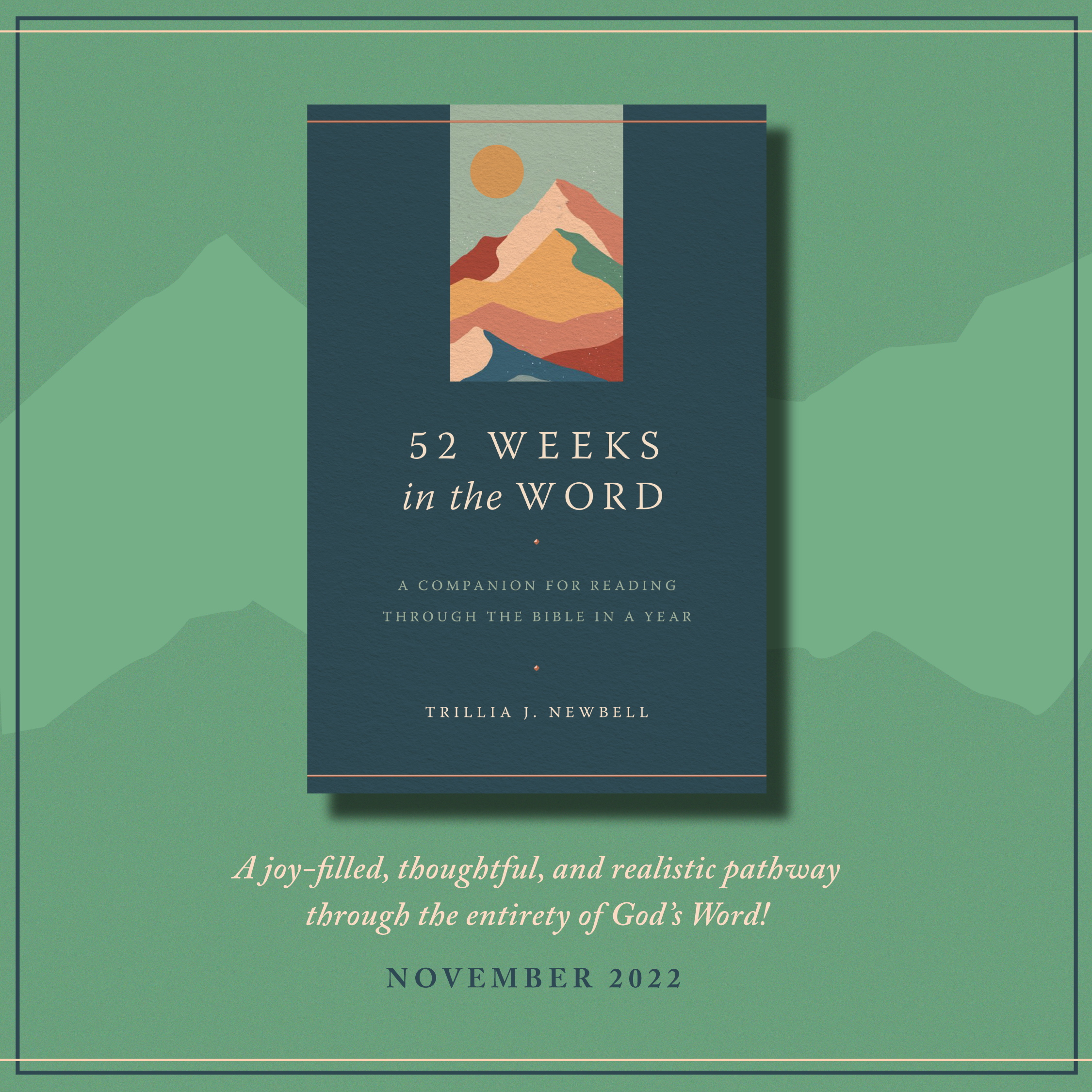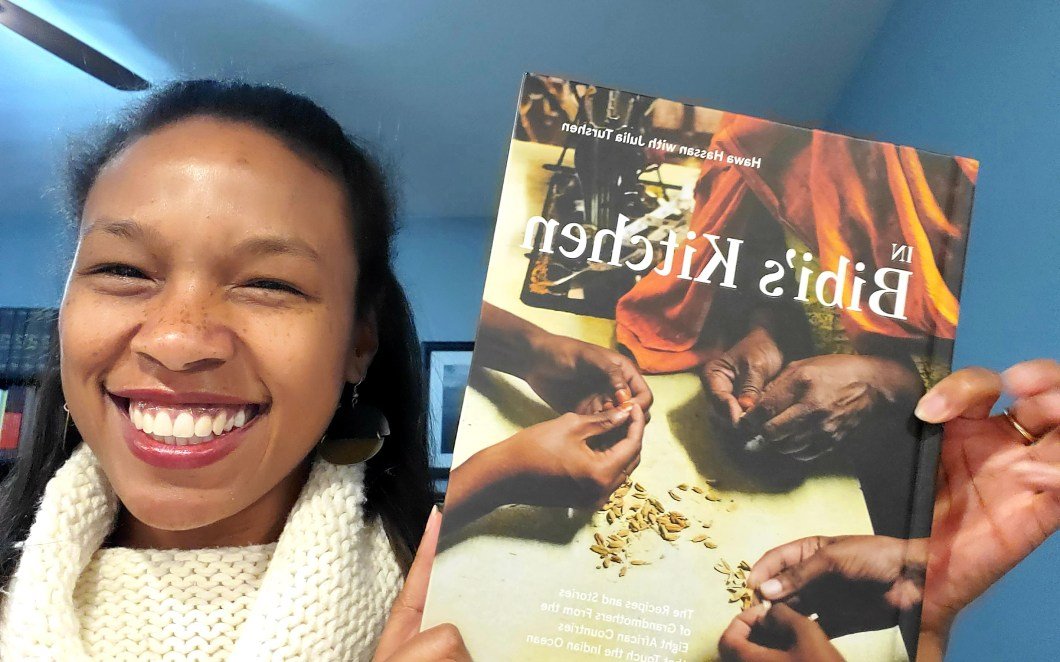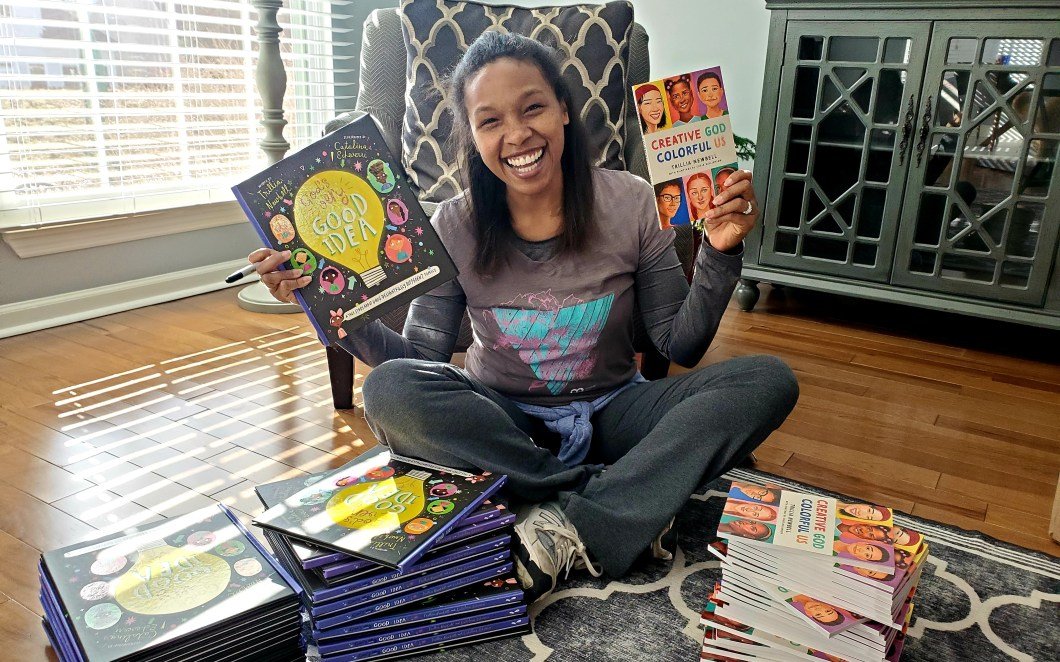God’s Little Mercies: One Family’s Diagnosis and God’s Faithfulness
Did you know October is Spina Bifida awareness month? I imagine that most of you answered, No. I wouldn’t have been aware of this special month either had it not been for some dear friends. Over the past few years, I have had the opportunity to get to know a sweet young couple and their daughter, Anne-Marie, who happens to have Spina Bifida, a birth defect that affects the spine.
Today, I am honored and excited to feature my friend, Bethany Sims, on my site as she gives us a glimpse of her, her husband, Hunter, and Anne-Marie’s story and how we might get involved and assist other families affected by Spina Bifida.
***
As we get started, I imagine there are some people who aren’t familiar with Spina Bifida. Could you fill in the gaps for us?
Sims: Spina Bifida is the most common permanently disabling birth defect in the United States. Spina Bifida happens when a baby is in the womb and the spinal column does not close all of the way. Every day, about 8 babies born in the United States have Spina Bifida or a similar birth defect of the brain and spine.
My daughter, Anne-Marie (AM), had the most severe form of Spina Bifida called a Myelomeningocele. It happens when parts of the spinal cord and nerves come through the open part of the spine. 70-90% of children with this condition also have too much fluid on their brains because fluid that protects the brain and spinal cord is unable to drain like it should. Without treatment, a person’s head grows too big and they may have brain damage as a result.
When did you find out your daughter had Spina Bifida?
On January 27, 2015, Hunter and I found out that AM’s brain was shaped differently (the doctor said it looked like a banana) and they referred us to a high-risk pregnancy doctor for better images. Three weeks later, I had the second ultrasound and first heard the term “Spina Bifida.”
When the doctors began to explain the details of Spina Bifida and all of the complications associated with it (ie. paralysis, bowel/bladder issues, multiple surgeries in her future, hydrocephalus, mental and cognitive delays, possible death) I was overwhelmed. I just cried. I didn’t know how to feel. I was heart broken and didn’t understand why this was happening.
You have shared with me previously about some of the amazing things the doctors were able to do with AM when she was in utero. Would you share a little here?
On March 3rd, at 24 weeks, we had fetal surgery to close the opening in AM’s spine. They would go in while I was heavily sedated (as much sedation as a heart transplant patient could take), open me up, take my uterus out and created an incision just large enough for her defect or her lower back to be exposed. Her butt was “delivered” and so now we call March 3rd her “Butt-Day.” They only had 19 minutes to close her spine, put everything back in place and sew up my foot-long scar
AM was born May 17th, at 35 weeks and two days. Unfortunately, the skin they had operated on during the fetal surgery had opened and she was born with a 2”x3” section of exposed muscle and spine. So when she was two days old, she went into surgery to have the space covered.
When she was 8 weeks old, AM was diagnosed with hydrocephalus (fluid on the brain) and had a fairly new surgery called ETV/CPC. In this procedure, they went into the place where cerebral spinal fluid (CSF) is made and burned part of it to decrease the amount of fluid produced and then they created a hole in the third ventricle to allowed the CSF to flow more naturally and keep it from collecting in her brain. Two days after this surgery, she began to have seizures and has been on medication for them since.
What are some of the Scriptures and truths about God’s character that sustained you during your pregnancy?
It is really hard to pinpoint a certain verse that sustained me during that time. Stories and verses that I had previously read a thousand times suddenly had more meaning. I had never hungered for scripture like I did during that time. And simple truths like, “He would never leave me or forsake me” (Heb 13:5), “all things work together for good for those who love God and are called according to His purpose” (Rom 8:28), or “In this life you will have trouble but take heart I have overcome the world” (John 16:33) would come to my mind as I was sitting alone on bed rest or even while I was being rolled back for surgery.
What does a typical day look like for you now? What are some of the ways that you will need to care for AM throughout her life?
The great thing is, our days are pretty typical. She loves to play and does everything a typical 16 month old would do, but she just has to do things her own way. AM does have to attend physical therapy once a week and an early interventionist visits our home twice a month. We have more doctor visits than typical children, but it is “normal” for AM. We have to catheterize every three hours due to some issues with her bladder and kidney reflux. She takes medications that protect her from infections and help with bladder function. All of these things quickly become routine and we roll with it.
How has the Lord encouraged your faith as you’ve cared for your daughter’s day-to-day needs?
I think the biggest thing I have learned by being AM’s mom is to be grateful for even little things. With every milestone she achieves, a good doctor visit or test result, I cannot help but have a greater appreciation for God’s little mercies.
When AM took her first steps with her walker, I remembered all of the times I had dreamed and prayed to see that moment. So when I saw it with my eyes… I couldn’t help but praise the Lord and be overwhelmed with gratitude for His faithfulness. When you are a parent to a special needs child, you cherish the little blessings so much more and get to see God’s hand on your child time and time again.
What are ways we might get involved or support families once a child has been diagnosed with spina bifida?
This could be different depending on if the family has fetal surgery or not.
If the family has fetal surgery, mothers are required to stay on strict bed rest afterwards. No cleaning. No cooking. No driving. No doing anything but sitting. This is a wonderful opportunity for Christian families to help provide meals, visit, help with household chores, or help care for the other children if needed.
If a family is unable or decides not to have fetal surgery, the mother will carry the child like normal up until the due date. I think it is important for Christian families to let these moms know that they are supporting them through prayer. Fetal surgery moms need the prayer too, but I think when you are carrying a child with special needs and don’t have any outward display of need (like fetal surgery moms) you can often feel like you are walking the scary road alone. By letting these moms and families know that you are praying for and encouraging them through the pregnancy, you are helping to reassure the mother that she can face the challenges that lie ahead.
What are ways we might support families once the child is born?
First, I think it is important to understand what these families will be going through so that you know how to more effectively pray for them. The day a child is born is the day the family begins a Spina Bifida roller coaster. No two Spina Bifida babies are the same and so most parents will be facing a lot of tough decisions – surgeries, how to care for their baby, etc.. Though the child’s birthday is a wonderful and exciting day, it is also coupled with a lot of stress for the parents.
Second, the family will be spending a lot of time in the hospital, meaning sleepless, uncomfortable nights and bad food. Tangible ways to help would be taking care of things outside of the hospital – their home, other kids, dogs, etc.
Finally, even though visiting in the hospital is sweet, in this case, it isn’t always the best. NICUs have very strict rules about visitors and if you go to visit, you might not get to see the baby or, if you do, you might be waking him/her up from much needed sleep.
How might you encourage the faith of a family who has just learned that their child will be born with spina bifida?
I know you are scared. I know this isn’t what you wanted for your child. I know you think that you aren’t strong enough or up for the tasks that are set before you. But I want you to know that you are. You are stronger than you think you are and you will be able to do things you never thought you could ever do. And when you hold your baby in your arms for the first time, you will realize that every moment of pain and fear was worth it. When you look at him or her you won’t see Spina Bifida, you will only see beauty and perfection.
What are a few final thoughts you’d like to share?
There are a lot of misconceptions about Spina Bifida and, unfortunately, even many doctors are giving poor information about it. I believe these misconceptions and poorly informed doctors attribute to the high abortion rate for children with Spina Bifida (64% diagnosed prenatally are aborted). Thanks to modern medicine, Spina Bifida does not look the same way it used to twenty or thirty years ago. With help, children with Spina Bifida can lead full lives. About 90% of babies born with Spina Bifida now live to be adults, about 80% have normal intelligence and about 75% play sports and do other fun activities.
A 2017 update from Bethany (mom): She is nearly 2 1/2 years old, growing and learning like any typical child. She is able to walk with her walker and SMO ankle braces and she has even started to take single steps without support.
***
Thank you for this information and for allowing us to get a glimpse of the faithfulness of God in your, Hunter’s and Anne-Marie’s life. May God be continually glorified as you testify of His goodness towards you.
If you would like to learn more about the statistics that Bethany shared or about Spina Bifida, she suggests you visit http://spinabifidaassociation.org/.
RELATED CONTENT














Your family is invited to learn more about the accomplishments and adversities of twelve noteworthy African American believers, including Frederick Douglass, Elizabeth Freeman, Harriet Tubman, and some others you don’t know but should.